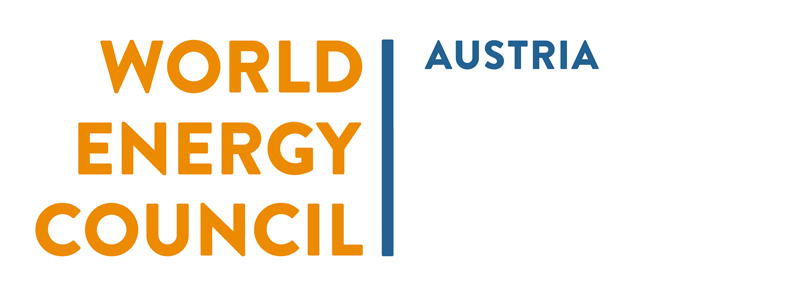OMV ENERGY TALKS & WEC NETWORKING EVENT A FULL SUCCESS

On November 24, 2021, more than 50 participants discussed the difficult path of energy transformation online.
WEC Austria and OMV share a common goal: putting people at the heart of the energy transition. This was one of the key takeaways from yesterday’s joint event of OMV and WEC Austria: “Energy Transformation: Quo Vadis?”, in which OMV presented its realignment of focus towards the specific needs and wants of its customers and OilX offered valuable insights into new technologies in oil trading through the use of satellite and mobility data.
The reason why consumers are so important in the energy transition is that the implementation of all adopted measures, standards and technologies is in their hands, explained Elena Skvortsova (OMV Executive Board Member Marketing & Trading) in the first session, after the introductory words of Dr. Robert Kobau, Managing Director of WEC Austria. Eva-Maria Pusch (OMV Head of Market & Competitive Intelligence) moderated OMV’s presentation.
Josef Rath (OMV Senior Vice President Fuels & Petrochemical Sales) emphasized the importance of behavioral change among end consumers, which can only be achieved if an appropriate regulatory framework is in place. Offering customers the right solutions for this will be of great importance from a marketing perspective.
Achieving the Austrian goal of climate neutrality by 2040 is a complex task. OMV is focusing on being as cost-efficient as possible in production in order to be able to offer tailored products with full transparency to customers. Key players such as WEC Austria play a central role in educating consumers about energy transition issues.
New technologies used for decision-making in the oil market at OilX were at the center of the second session, moderated by Abhishek Deshpande (OMV Advisor, Market & Competitive Intelligence). After presenting the Oil Demand Monitor for Austria, which was developed by one of WEC Austria’s Young Energy Professionals Working Groups, Florian Thaler (YEP Alumni and OilX CEO & Co-Founder) showed that satellite observations are the new state of the art for cargo tracking, as they monitor signals emitted by oil tankers. These serve as a direct indication of global trade flows. Radar technology, also an innovation for the commodity trading market, is used to monitor oil levels in tanks.
Case studies were presented by Johannes Gross and Neil Crosby (both OilX Senior Oil Market Analysts), to show how these technologies are used in monitoring flows through the TAL pipeline and how recent use of mobility data has significantly improved demand forecasting models. While the importance of data cannot be stressed enough, it is only understood in combination with interpretation and analytics on the ground.
We would like to thank the speakers of yesterday’s session as well as OMV for the co-organization and all those who participated in our event!
